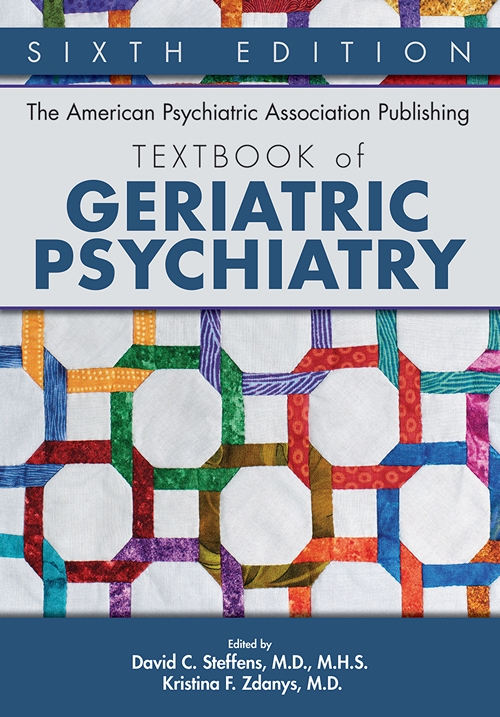Sections
Excerpt
Families in the United States are the foundational care providers for older adults with chronic illnesses and disabilities who are living in the community. According to a landmark study sponsored by the National Academies of Sciences, Engineering, and Medicine (2016), at least 17.7 million individuals in the United States are family caregivers of older adults (age ≥ 65 years) who need help because of a limitation in their physical, mental, or cognitive functioning. The number of family caregivers is expected to grow in a corresponding fashion with the projected steady growth of the older population over the next several decades. Additionally, the racial and ethnic diversity of the older population, and hence of the family caregiving population, will also continue to grow in the decades ahead (National Academies of Sciences, Engineering, and Medicine 2016). These trends present tremendous challenges as well as opportunities for psychiatrists and other health professionals who work with families caring for older adults.
Access content
To read the fulltext, please use one of the options below to sign in or purchase access.- Personal login
- Institutional Login
- Sign in via OpenAthens
- Register for access
-
Please login/register if you wish to pair your device and check access availability.
Not a subscriber?
PsychiatryOnline subscription options offer access to the DSM-5 library, books, journals, CME, and patient resources. This all-in-one virtual library provides psychiatrists and mental health professionals with key resources for diagnosis, treatment, research, and professional development.
Need more help? PsychiatryOnline Customer Service may be reached by emailing [email protected] or by calling 800-368-5777 (in the U.S.) or 703-907-7322 (outside the U.S.).



